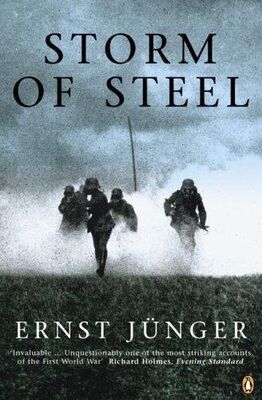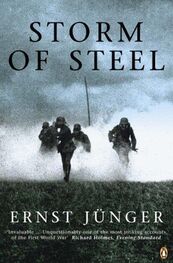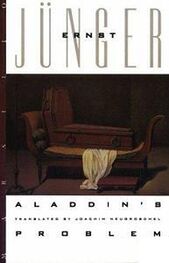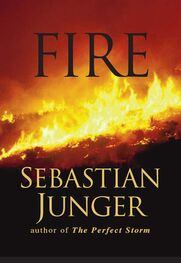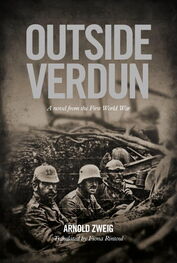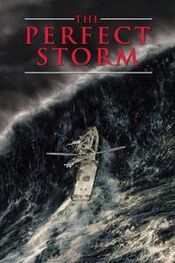We hurriedly got packed up and were on the road to Cambrai during a cloudburst. We arrived at our destination of Marquion a little before five in the morning. The company was placed in a large yard enclosed by the ruins of farm outbuildings, and told to take shelter wherever we could. With my one company officer, Lieutenant Schrader, I crept into a little brick building, which as its acrid aroma indicated, must have served as a goat-shed in peacetime, though our immediate predecessors were several large rats.
In the afternoon there was an officers’ meeting, at which we were told that the following night we were to take up a position of readiness to the right of the main Cambrai-Bapaume road, not far from Beugny. We were warned of the danger from a new breed of rapid, agile tanks.
I paraded my company in battle order in a small apple orchard. Standing under an apple tree, I addressed a few words to the men, who were drawn up in front of me in a horseshoe arrangement. They looked serious and manly. There wasn’t much to say. In the course of the last few days, and with a kind of sweepingness that is only to be explained by the fact that an army is not only men under arms, but also men fused with a sense of a common purpose, probably every one of them had come to understand that we were on our uppers. With every attack, the enemy came forward with more powerful means; his blows were swifter and more devastating. Everyone knew we could no longer win. But we would stand firm.
On a table improvised from a wheelbarrow and a door, Schrader and I ate our supper and shared a bottle of wine in the open. Then we bedded down in our goat-shed until two in the morning, when the sentry announced that the trucks were waiting in the market-place.
In spectral light, we clattered through the war-torn country of last year’s Cambrai battles, wending our way through eerily devastated villages, along roads lined with walls of rubble. Just before Beugny, we were unloaded and led to our position. The battalion occupied a hollow on the Beugny-Vaux road. In the morning, an orderly brought instructions for the company to advance to the Fremicourt-Vaux road. This pattern of small advances afforded me the certainty that we were in for some action before nightfall.
I led my three platoons strung out in file across the terrain, with circling aeroplanes bombing and strafing overhead. When we reached our objective, we dispersed into shell-holes and dugouts, as occasional shells came lobbing over the road.
I felt so bad that day that I lay down in a little piece of trench and fell asleep right away. When I woke up, I read a few pages of Tristram Shandy, which I had with me in my map case, and so, apathetically, like an invalid, I spent the sunny afternoon.
At six-fifteen, a dispatch-rider summoned the company commanders to Captain von Weyhe. ‘I have some serious news for you. We are going on the offensive. After half an hour’s artillery preparation, the battalion will advance at seven o’clock tonight from the western edge of Favreuil, and storm the enemy lines. You are to march on the church tower at Sapignies.’
After a little further discussion, and handshakes all round, we raced back to our companies, as the bombardment was to start in barely ten minutes’ time, and we still had quite a stretch ahead of us. I informed my platoon commanders, and had the men fall in.
‘By sections in single file twenty yards apart. Direction half-left, treetops of Favreuil!’ Testimony to the good morale we still enjoyed was that I had to nominate the man to stay behind to inform the cookers where to go. No one volunteered. I marched along in the van with my company staff and Sergeant-Major Reinicke, who knew the area very well. Our artillery fire was landing behind hedges and ruins. It sounded more like furious yapping than anything seriously destructive. Behind us, I saw my sections advancing in perfect order. Alongside them, shots from aeroplanes sent up puffs of dust, bullets, empty shells and driving bands from shrapnels whizzed with fiendish hissing in between the files of the thin human line. Away on the right lay Beugnatre, heavily attacked, from where jagged lumps of iron buzzed across and stamped themselves on the clayey soil.
The march got a little more uncomfortable still once we were over the Beugnatre- Bapaume road. All of a sudden, a spate of high-explosive shells landed in front of, behind and in the midst of us. We scattered aside, and hurled ourselves into craters. I landed with my knee on something a frightened predecessor had left behind, and had my batman scrape off the worst of it with a knife.
Around the edge of Favreuil, the clouds from numerous shell-bursts congregated, and up and down in between them in rapid alternation went the geysers of soil. To find a position for the company, I went on ahead to the first ruins, and then with my cane gave a signal to follow.
The village was fringed with badly shelled huts, behind which parts of the 1st and 2nd Battalions gradually came together. During the last part of the march, a machine-gun had taken its toll. I watched from my vantage-point the little string of puffs of dust, in which one or other of the new arrivals would sometimes find himself caught as in a net. Among others, Vice-Sergeant-Major Balg of my company got a bullet through the leg.
A figure in brown corduroy strode with equanimity across this fire-swept piece of terrain, and shook me by the hand. Kius and Boje, Captain Junker and Schaper, Schrader, Schlager, Heins, Findeisen, Hohlemann and Hoppenrath stood behind a hedge raked with lead and iron and talked through the attack. On many a day of wrath we had fought on one and the same battlefield, and today once more the sun, now low in the Western sky, was to gild the blood of all or nearly all.
Elements of the 1st Battalion moved into the castle grounds. Of the 2nd, only my company and the 5th had got through the flaming curtain unscathed, or nearly so. We made our way forward through craters and debris to a sunken road on the western edge of the village. On the way I picked up a steel helmet off the floor and put it on – something I only ever did in very dicey situations. To my amazement, Favreuil seemed to be completely dead. It appeared as though the defensive line had been abandoned, because the ruins had the oddly tense feeling of a place that is unoccupied, and that spurs the eye to utmost vigilance.
Captain von Weyhe – who, though we didn’t know this at the time, was lying all alone and badly hurt in a shell-hole in the village – had ordered the 5th and 8th Companies to form the first attacking line, the 6th the second, and the 7th the third. As there was no sign of the 6th or 8th anywhere yet, I decided to go on the attack without worrying too much about the plan of battle.
By now it was seven o’clock. I saw, against a backdrop of ruined houses and tree stumps, a line of men advancing across the field under moderate rifle fire. It must be the 5th.
I drew up my men in the sunken road, and gave orders to advance in two waves. ‘Hundred yards apart. I myself shall be between the first wave and the second.’ It was our last storm. How many times over the last few years we had advanced into the setting sun in a similar frame of mind! Les Eparges, Guillemont, St-Pierre-Vaast, Langemarck, Passchendaele, Moeuvres, Vraucourt, Mory! Another gory carnival beckoned.
We left the sunken road as if it had been the exercise ground, except for the fact that ‘I myself, as I had expressed it just now, suddenly found myself walking alongside Lieutenant Schrader on open ground way ahead.
I felt a little better, but there were still butterflies. Haller told me later, as he said goodbye to me before leaving for South America, that the man next to him had said:
‘You know something, I don’t think our lieutenant is going to come out of this show alive!’ That strange man, whose wild and destructive spirit I so loved, told me things on that occasion which made me realize that the simple soldier weighs the heart of his commanding officer as in a goldsmith’s scales. I felt pretty weary, and I had thought all along that this attack was a mistake. Even so, this is the one I most often recall. It didn’t have the mighty impetus of the Great Battle, its bubbling exuberance; on the other hand, I had a very impartial feeling, as if I were able to view myself through binoculars. For the first time in the entire war, I heard the hissing of individual bullets, as if they were whistling past some target. The landscape was utterly pellucid.
Читать дальше